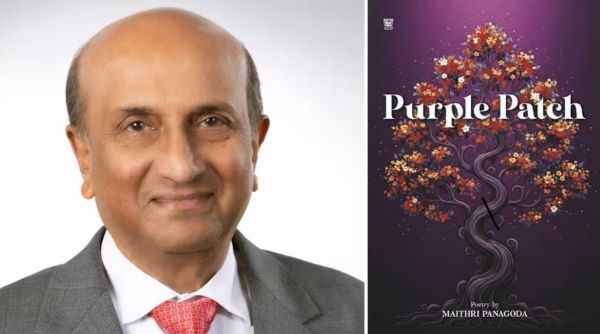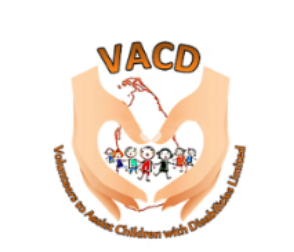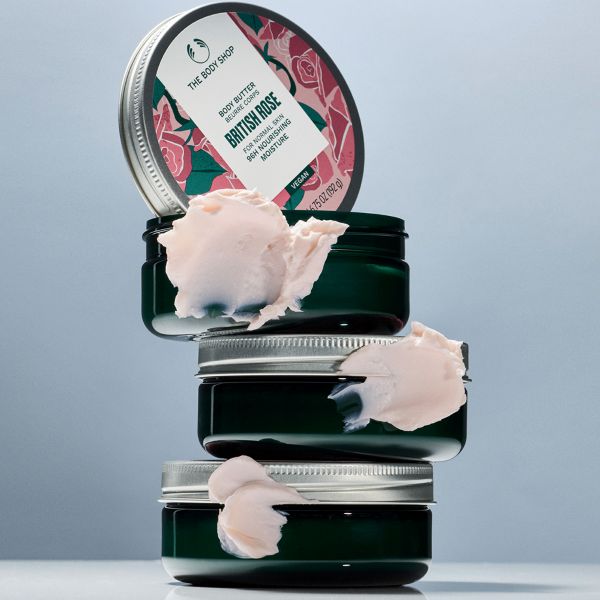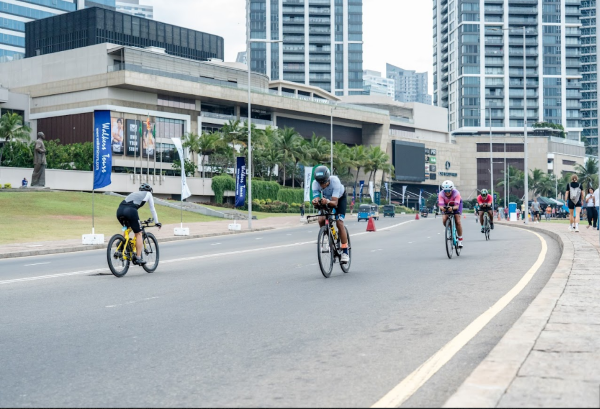Who gets stomach cancer? – By Dr harold Gunatillake

A rise in the incidence of Gastric Cancer was noted in Sri Lanka during 2001-2012,
predominately observed in females. An increase in incidence and improved reporting may have contributed to this increase. Future studies analysing tumour characteristics and mortality would enable a better understanding of the burden of GC and potential underlying reasons. This is in accordance with a research paper by Umesh Jayarajah, Ashan Fernando, Dharmabandhu N. Samarasekera, Sanjeewa Seneviratne
This is a dreaded disease, and one should be aware of and avoid the factors that cause it. It’s when healthy cells in the inner lining of your stomach change and start to grow out of control.
It tends to get worse slowly over many years. It can start in any part of your stomach and
spread to other areas, including your liver, lungs, and bones. Adenocarcinoma is the most common type of gastric cancer, making up as many as 95% of all cases. It starts in the tissues of your stomach lining, in the cells that make mucus and other fluids.
Who is at risk of stomach cancer?
Age. The risk for stomach cancer increases as people reaches their 60s, 70s, and 80s,
although it also occurs in younger people. Gastric cancer is more common in men, whose chances of developing it are 1 in 96 (by comparison, 1 in 8 men will be diagnosed with prostate cancer during their lifetime.
Why is gastric cancer higher in Asia?
You may correlate with the incidences of Helicobacter pylori infection, smoking, and the
consumption of salt and salt-preserved foods. Gastric cancer is common in Asian countries, including Japan, China, Mongolia, and the Republic of Korea.
Cancer seems to be high in the rich countries. Lifestyle factors associated with developed
countries such as smoking, lack of exercise, and diet continue to be implicated in the high incidence of these cancers. disparity in mortality Worldwide, cancer is a significant cause of morbidity and mortality.
Heavy alcohol consumption, unhealthy diet, physical inactivity and air pollution are risk
factors for gastric cancer and other noncommunicable diseases. Some chronic infections are risk factors for cancer; this is a particular issue in low- and middle-income countries.
Eating a diet rich in whole grains, vegetables, fruit, and beans and, limiting fast foods, red and processed meat, limiting sugar-sweetened drinks seems to help reduce the incidence of gastric cancer.
What are the early symptoms of gastric cancer?
Stomach cancer can present itself in several different ways, such as difficulty swallowing,
feeling bloated after eating, feeling full after only eating a small amount of food, heartburn, indigestion, nausea, stomach pain, unintentional weight loss, and vomiting.
At this stage, you should see a gastroenterologist who will organise a gastroscopy to look into the inner linings of the gut.
There are other tests too. Your doctor might suggest other ways to get a closer look at any tumor. This could be a CT (computerized tomography) scan when several X-rays are taken from different angles and put together to make a complete picture. Or you might have an MRI (magnetic resonance imaging) scan, which uses powerful magnets and radio waves to make detailed images.
Who are the people getting gastric cancer?
Around 28,000 people get it each year in the U.S.– about 60% of people diagnosed with it are over 65. Men are more likely to get it than women. It was the leading cause of cancer death in the U.S. until the 1930s, but now it’s the 14th most common type of cancer. Researchers think it may have become less common after refrigerators made it easier to store fruits and vegetables, and people began eating fewer salted and smoked foods.
Can you cure gastric cancer?
Many cases of stomach cancer can’t be cured entirely, but it’s still possible to relieve symptoms and improve quality of life using chemotherapy and, in some cases, radiotherapy and surgery. Surgery can cure stomach cancer if operable as long as all cancerous tissue can be removed.
Bacteria can cause cancer in the stomch. Helicobacter pylori (H. pylori) bacteria that causes gastric ulcers and inflammation in your stomach, is one of the leading causes of gastric cancer. There are different strains, some of which have a higher risk of cancer. Your doctor can test to see if you have this bacteria. H. Pylori can be treated with antibiotics, which may be another reason this cancer is less common now than in the 1930s. The only way to know you have this bacteria is with a test. You should get tested if you have a parent, sibling, or child diagnosed with gastric cancer.
Diet seems to be a leading cause of getting gastric cancer. Things you do every day can affect your chances of getting gastric cancer. Eating lots of smoked foods, salted fish and meat, and pickled vegetables can boost your risk, along with not getting enough fruit and vegetables. You also might be more likely to get it if you smoke, drink much alcohol, or are very overweight.
Processed meat, overcooked foods, and fried foods may increase your risk of some be a risk factor for gastric cancer. That’s because these foods may contain carcinogens, or compounds that cause cancer. Alcohol produces carcinogens when your body metabolises it.
Overcooking foods, especially meats, can produce carcinogens. According to one 2020
article, cooking meat with high heat creates carcinogenic PAHs and heterocyclic amines
(HCAs). These substances may increase the risk of cancer by altering the DNA of your cells.
You’re more likely to overcook foods when you cook at high temperatures or over an open flame. This includes cooking methods like: grilling, barbecuing, pan-frying.
The Food and Drug Administration Trusted Source also states that overcooking starchy
foods, like potatoes, increases acrylamide formation.
To reduce your risk of carcinogens from high-heat cooking, try using healthier cooking
methods such as poaching, pressure cooking, baking or roasting at lower temperatures, slow cooking in a crock pot or slow cooker.
Some fruits help to neutralise cancer-causing free radicals. Citrus fruits, such as oranges,
lemons and grapefruit, contain vitamin C (which can neutralise cancer-causing free radicals) and flavonoids (which can inhibit cancerous cells from invading healthy tissues.
So be aware of foods and other factors that can cause gastric cancers.
I hope this video presentation was useful. Stay safe and goodbye to all expat Sri Lankans, globally.
Please surf my website when you have the time.




















